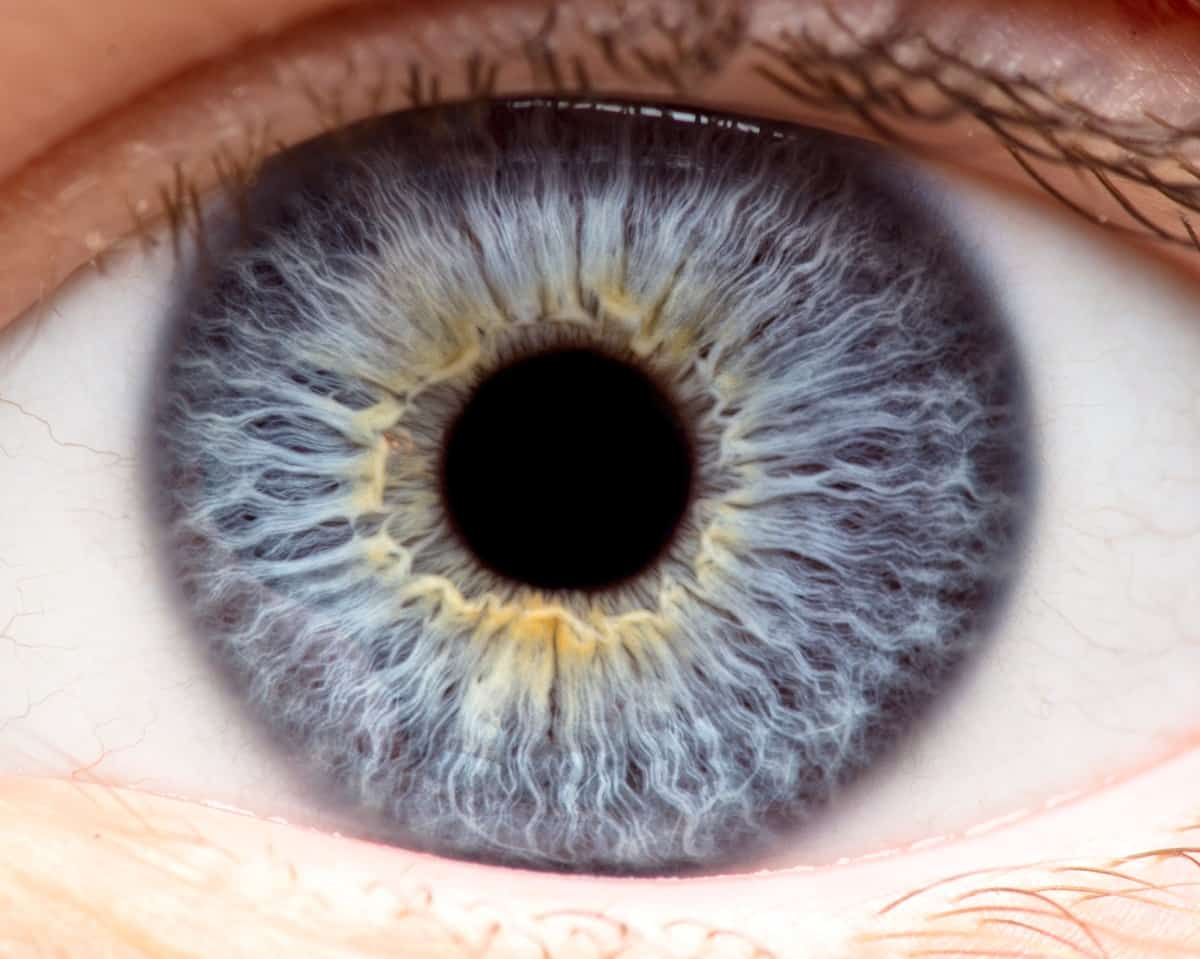When to Worry About Eye Floaters and How to Reduce Them
Those squiggly lines and specks in your field of vision are often a nuisance and not cause for concern. However, there are times when these black or gray strings and cobwebs are warning signs of an eye injury or condition that needs medical attention by an ophthalmologist. At Mittleman Eye in Palm Beach and Jupiter, Florida, we offer eye floater treatment to reduce these spots, and our eye doctors can determine if there’s a more significant issue at play.
Why Do I See Eye Floaters?
You’re more likely to notice eye floaters when looking at a solid background such as a wall or the sky; they tend to dart away if you attempt to look directly at the speck. Eye floaters are more common as you age because the vitreous gel-like substance inside the eyeball thins and becomes more liquid, causing the fibers in the fluid to clump together and cast shadows on the retina. The retina sends light messages to the brain through the optic nerve, and these shadows from eye floaters cause vision marks in your eyesight.
When to See an Eye Doctor About Eye Floaters
While most eye floaters are not a cause for concern, a sudden change in the number of eye floaters, especially accompanied by light flashes or darkness in your peripheral vision, is a direct threat to your eyesight. Schedule an eye exam as soon as possible if you notice these symptoms or the sudden onset of new floaters. Eye floater progression may indicate a retinal tear and retinal detachment, which can cause vision loss without immediate medical attention. These symptoms may also point to eye inflammation in the back portion of the eye (posterior uveitis) or be a complication from previous eye surgery or eye medications.
People with diabetes and high blood pressure have a higher risk of bleeding in the eye, which can increase eye floaters and requires treatment by an ophthalmologist. Other risk factors for worrisome eye floaters include being over 50, nearsightedness, having diabetic retinopathy and a history of eye trauma or eye surgery complications.
How are Eye Floaters Treated?
Most eye floaters go away on their own if they’re not linked to a severe eye problem. Some people may have eye floaters that don’t pose a threat but are a nuisance to your field of vision. At Mittleman Eye, we offer laser vitreolysis, a treatment that breaks apart floaters in the vitreous gel and makes them less visible. People with significant eye floaters may qualify for vitrectomy, a procedure that replaces some of the vitreous with a comparable substance to eliminate eye floaters.
If you’ve noticed an increase in eye floaters or are tired of these squiggly lines and specks affecting your vision, contact our eye doctors at Mittleman Eye in Palm Beach or Jupiter, Florida.
Patients can make an appointment directly online or text or call 561-500-2020 to start a conversation and make an appointment.





















